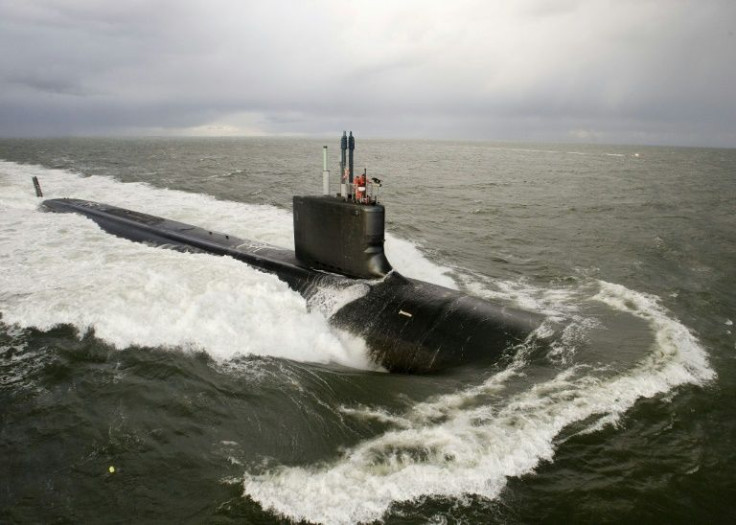China Accuses The US Of Using Taiwan To Divide The Indo-Pacific Region
China’s recent burst of accusations continued last week, with Beijing accusing Washington that it is using Taiwan to contain China and divide up the Indo-Pacific region, which considers its region.
“From the Trump administration to Biden's, the US has continually used Taiwan question to serve its strategy of containing China, such as instigating the Taiwan separatist authorities to gain a diplomatic presence, which challenges the globally recognized one-China principle; and increasing arms sales, sending warships to enter waters around the island to disrupt the reunification process,” said a Global Times editorial. “Meanwhile, some US Congress members and officials, and even the House speaker, have visited or planned to visit the island, sending the wrong signals to the separatists and challenging the political foundation of China-US relations.”
Then the editorial, a follow up to Shangri-La Dialogue meetings in Singapore this month, went on to outline China’s strategy for "building an Asia-Pacific community with a shared future." That’s an effort on the part of Beijing to “counter the US Indo-Pacific strategy, which attempts to incite military confrontation between blocs of countries in Asia.”
John Breen, lead analyst global risks at Sibylline, doesn’t see things this way. Instead, he sees the U.S. and its allies promoting a “free and open Indo-Pacific” based on liberal values and international law. “Similarly, Japan expressed its own vision of regional order at the Shangri-La Dialogue summit in Singapore. Japanese Prime Minister Kishida Fumio, in fact, unveiled the ‘Kishida Vision for Peace’: a five-pillar initiative, which is largely based on US interests and values, that seeks to bolster Japan’s regional diplomatic and security influence,” he said to International Business Times.
In addition, Breen sees China’s “Asia-Pacific community with a shared future" as a way of containing America’s influence in the region. “It is no surprise, therefore, that Chinese state media and analysts consider recent Japanese initiatives as a direct result of American influence,” he adds.
Regarding Taiwan, Breen expects Beijing’s intimidation and threats to continue for the foreseeable future. “So will frequent incursions and presence by the People’s Liberation Army (PLA) near Taiwanese airspace and waters,” he says.
Still, retired Vice Admiral Robert Murrett was surprised by Beijing’s harsh words, shortly after the Shangri-La Dialogue meetings, “an attempt to lower the temperature with regard to tensions in East Asia,” he told International Business Times. “This was reflected in the bilateral meeting between Secretary Austin and PRC Minister of National Defense General Wei, as well as the series of bilateral meetings between the Secretary of Defense and partners in the region. To step back, it is important that we continue to manage issues between the U.S. and our allies with China, as any armed conflict between China and the rest of us is not in our collective interests, and would reflect a failure of effective diplomacy," he adds.

© Copyright IBTimes 2024. All rights reserved.






















